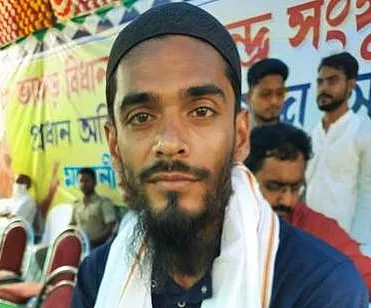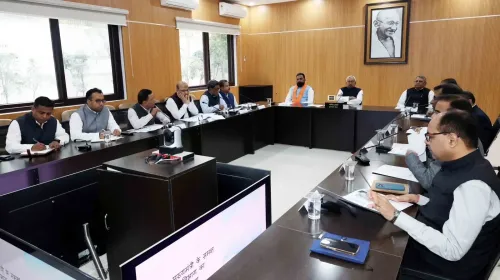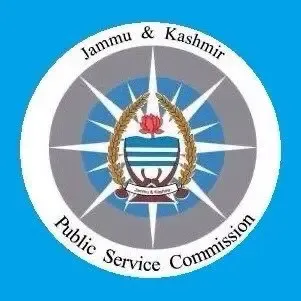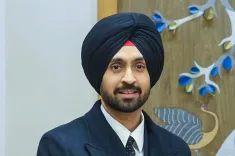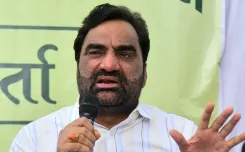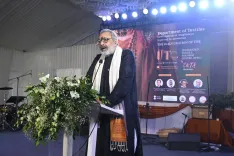How will the Vice-Chancellors' Conference in Gujarat Transform Higher Education?
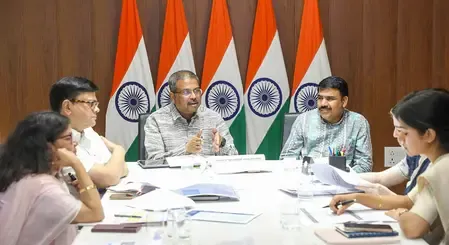
Synopsis
Key Takeaways
- Strategic Alignment: Assessing NEP objectives.
- Peer Learning: Sharing institutional innovations.
- Forward Planning: Preparing for future educational demands.
- Inclusive Education: Strategies to promote diverse learning.
- Research Initiatives: Boosting innovation through various programs.
New Delhi, July 9 (NationPress) The Ministry of Education is set to convene a two-day Vice Chancellors’ Conference of Central Universities in Kevadia, Gujarat from July 10-11. This gathering will unite esteemed academic leaders nationwide to celebrate the fifth anniversary of the National Education Policy (NEP) 2020 and outline strategies for its future implementation.
Participating in the event will be Union Minister for Education Dharmendra Pradhan, Minister of State for Education Sukanta Majumdar, along with senior officials from the ministry. The conference will foster extensive discussions regarding the pivotal role of Central Universities in constructing a Viksit Bharat by 2047.
The primary goal of the conference is to assess the progress of NEP 2020 and to explore methods for aligning higher education with the evolving global challenges and labor market demands. The focus will be on three main areas: Strategic Alignment with NEP objectives, Peer Learning to exchange institutional innovations and hurdles, and Forward Planning to prepare for the next stages of the policy.
Over the course of two days, ten thematic sessions will delve into critical topics such as the Four-Year Undergraduate Programme (FYUP) under the National Higher Education Qualifications Framework (NHEQF), future-oriented curricula attuned to changing job roles, digital learning platforms like SWAYAM and AAPAR for credit transfers, the SAMARTH governance model, and ranking and accreditation systems.
Inclusive education strategies, Indian Knowledge Systems, and the promotion of Bhartiya Bhasha will also be highlighted, alongside initiatives such as PM Vidya Lakshmi, One Nation One Subscription, Anusandhan National Research Foundation (ANRF), and Prime Minister’s Research Fellowship (PMRF) aimed at enhancing research and innovation.
Participating institutions encompass a range of prestigious universities including the University of Delhi, Central University of Haryana, Assam University, Hemvati Nandan Bahuguna Garhwal University, Central University of Rajasthan, Central University of Kashmir, Visva-Bharati, National Sanskrit University, Indira Gandhi National Tribal University (IGNTU), Sikkim University, Tripura University, Jawaharlal Nehru University (JNU), University of Allahabad, among many others.
With the vision of NEP 2020 aiming to establish a strong, multidisciplinary, and globally engaged higher education system by 2040, this conference is poised to accelerate the transformation process.
The outcomes of this event will shape a roadmap for the subsequent phase of reforms, paving the way for India's academic institutions to become pivotal contributors to the nation's development journey towards a developed India by 2047.


